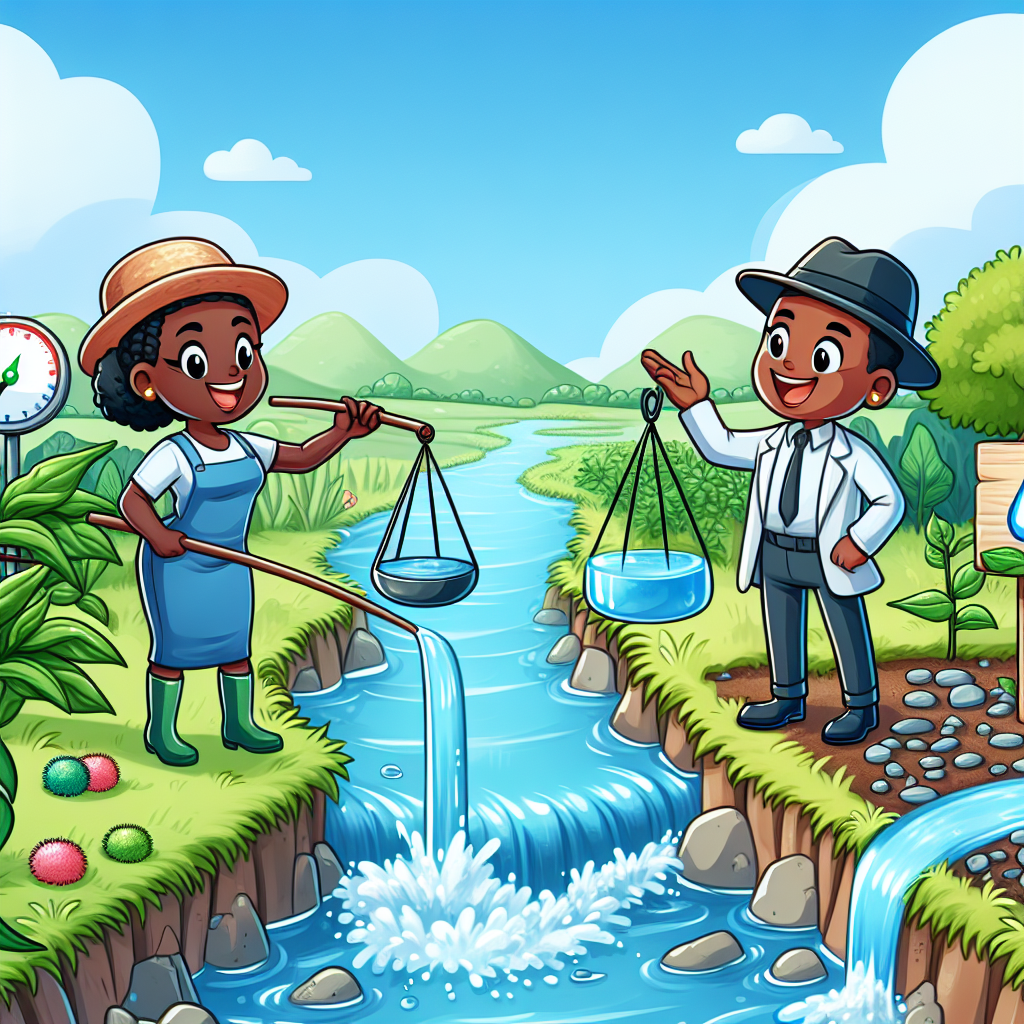Thirst and Hunger: Gaza's Water Crisis Amidst Conflict
Gazans face severe water shortages amid conflict, exacerbating the humanitarian crisis. Limited access to clean water and destroyed infrastructure have left residents, including children, trekking long distances for daily needs. Aid agencies stress immediate action to prevent further disease spread and fatalities due to dehydration.

In the conflict-ridden Gaza Strip, a severe water crisis is compounding the hardships of its residents. Weakened by hunger, Gazans navigate a shattered landscape daily to fetch inadequate supplies of drinking and washing water, far below the levels needed for health. Aid groups warn that the crisis is as dire as the hunger situation.
While some limited relief is provided by desalination units, most water is sourced from wells in a contaminated aquifer, worsening health conditions with rising cases of diarrhoea and hepatitis. Despite claims by COGAT of operating two water pipelines, local officials report interruptions and infrastructure severely damaged during the conflict.
Palestinians are forced to ration water amid the scarcity, often involving children in lengthy queues to secure supplies. Aid interventions, including a planned UAE-funded pipeline, are progressing, but agencies like Oxfam and UNICEF emphasize the urgent need for ceasefire and unrestricted aid access to avert worsening health emergencies.
(With inputs from agencies.)
ALSO READ
Rural India's Sanitation Strides: A Glimpse Into Waste Management Progress
Timor-Leste Declared Malaria-Free: A Historic Public Health Milestone
Bihar's New Commission Boosts Welfare for Sanitation Workers
Indore Municipal Corporation Engages Transgender Community in Sanitation Initiative
Bihar Strengthens Sanitation Workers with New Commission










